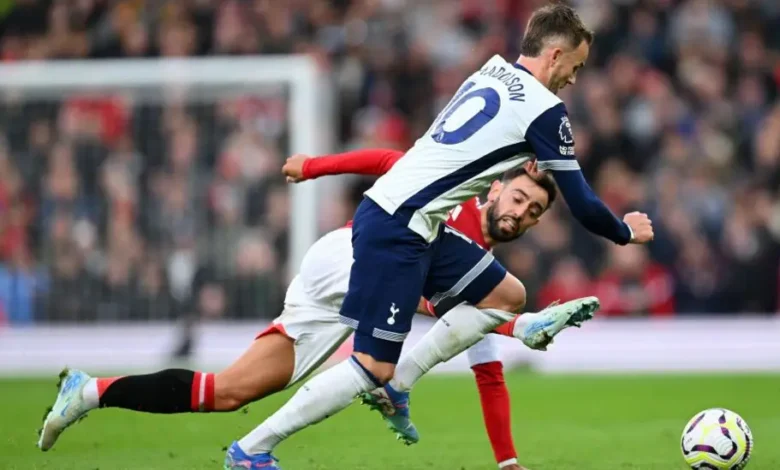Premier League VAR Errors Reduced by 80%, Says Referees’ Chief
Premier League VAR Errors Reduced by 80%, Says Referees' Chief

- Premier League clubs overwhelmingly voted 19-1 in favor of retaining VAR
- The Premier League has started explaining VAR decisions
- Webb also emphasized efforts to minimize decision-making time
Referees’ chief Howard Webb has announced an 80% decrease in video assistant referee (VAR) errors this season.
Since the introduction of VAR in the Premier League five years ago, its usage has sparked considerable debate.
The independent Key Match Incidents (KMI) panel reported 31 incorrect applications of VAR during the 2023-24 season.
In June, Premier League clubs overwhelmingly voted 19-1 in favor of retaining VAR after Wolverhampton Wanderers prompted a discussion about abolishing it.
Additionally, an independent survey revealed that four out of five fans support keeping VAR in the league.
To improve transparency, the Premier League has started explaining VAR decisions via a dedicated social media channel.
However, the rollout of semi-automated offside technology (SAOT), initially planned for later this year, has been postponed until 2025.
Webb, the chief refereeing officer at Professional Game Match Officials Limited (PGMOL), highlighted the significant reduction in mistakes this season.
He stated, “I don’t think we managed expectations well regarding VAR. We anticipated it would excel in clear-cut situations, and we’ve generally been successful at identifying those.”
He noted that an independent panel of ex-players reviews decisions weekly and confirmed that only two VAR errors have been made this season, compared to ten during the same period last year.
Webb also emphasized efforts to minimize decision-making time. “We’ve improved in terms of speed,” he remarked. “Last season, the average VAR delay was 70 seconds per game; this year, it’s down to 25 seconds, which is a significant improvement.”
He advised his team, “If a situation stands out, intervene promptly. But if you find yourself over-analyzing, just say ‘check complete’ and leave it to the on-field referee.” He concluded that the concept of “referee’s call” remains a valuable approach.





